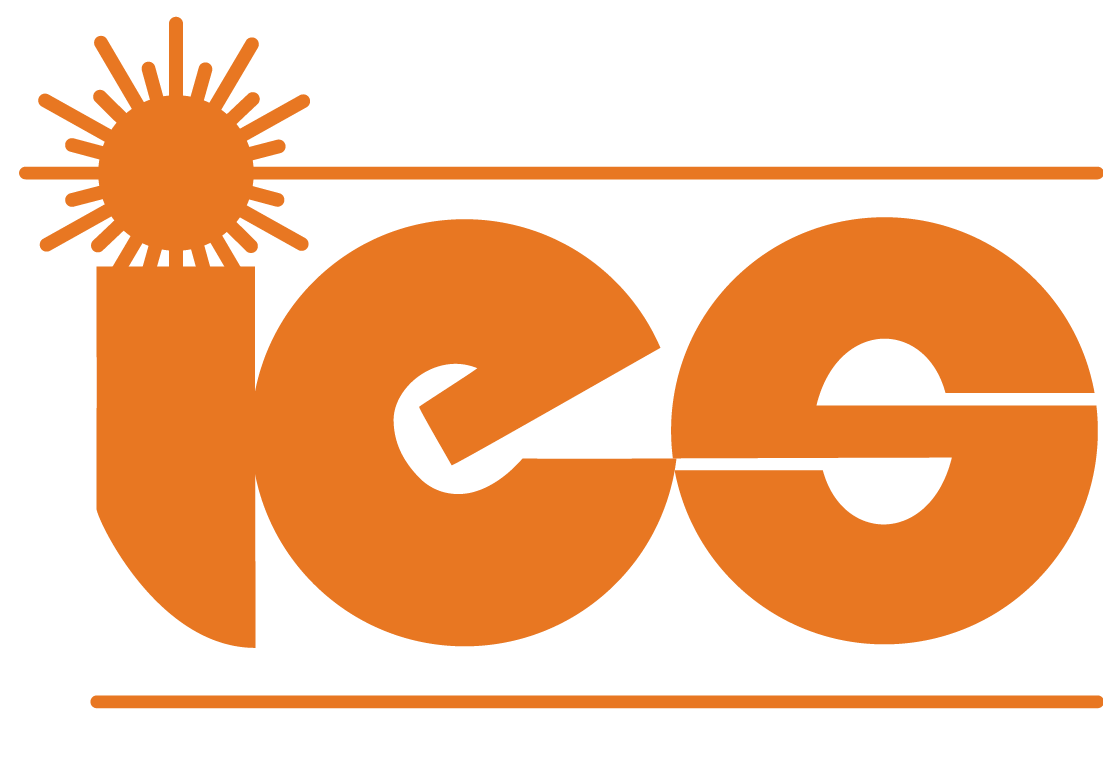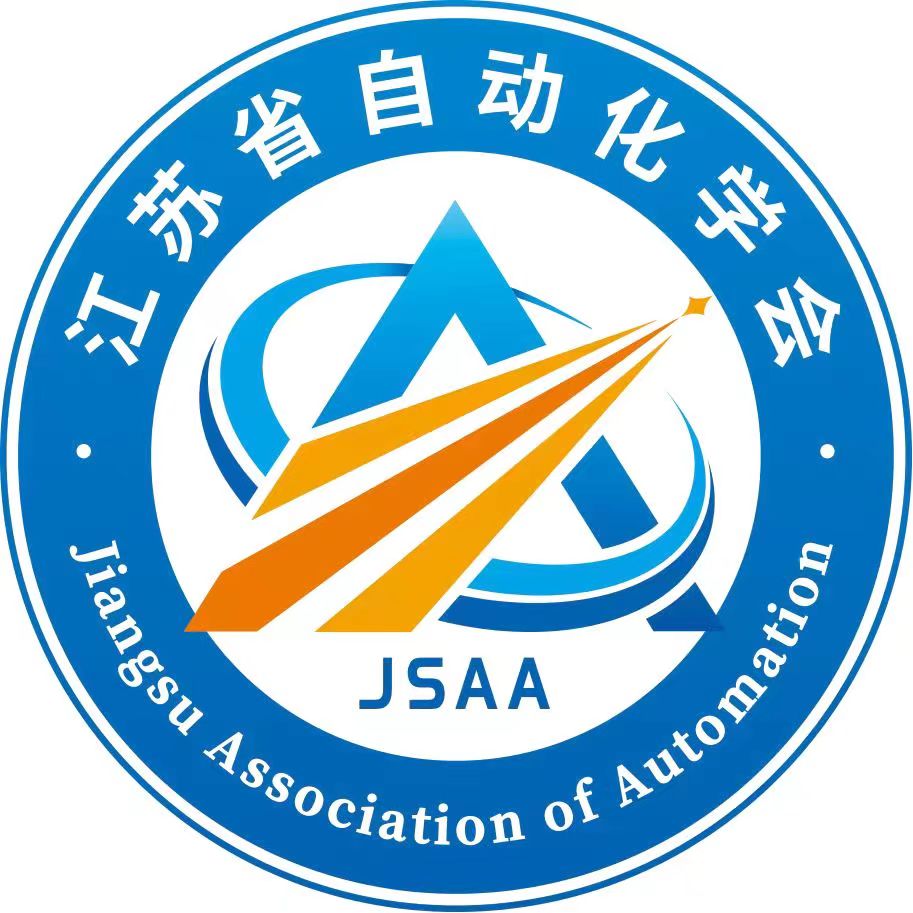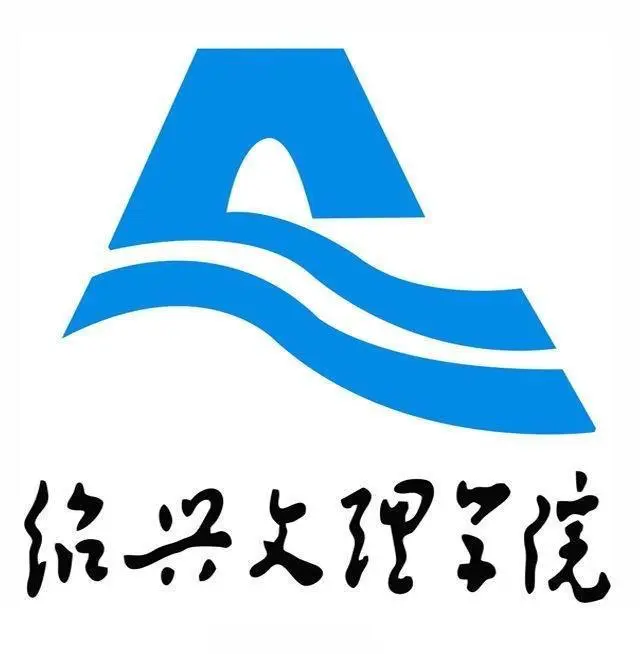Call for Special Sessions
The INDIN 2024 organizers cordially invite internationally recognized experts to propose Special Sessions within a general scope of the conference.
If you are interested in organizing a special session, please follow the rules of special sessions organization below and contact special sessions chairs: Mingxi Liu (mingxi.liu@utah.edu), Hongyi Li (lihongyi@gdut.edu.cn), Fei Gao ( fei.gao@utbm.fr) .Please note the important dates for special session proposals.
The submission and decision making for SS are continuous until the deadline.
Decisions are taken as soon as possible.
It is advised to submit early a special session, in order to maximize the time available until the paper submission deadline.
Proposal content
Special Sessions proposal should be submitted through the Special Session Proposal Form, which includes:
- Title of the special session.
- Brief description of the area of concern, with special focus on specific technical areas. Please make here an explicit reference to the sponsoring IES Technical Committee(s) (if any).
- The name and contact information of two or more special session organisers, who are willing to promote and organise a sufficient number of quality submissions to the special session.
- The background of the organisers.
- A list of potential reviewers and their affiliations.
- Short CV of the proposers.
Proposal template , the word version of the template needs to be sent (and not a generated pdf).
Organising your special session
Prospective organizers of a Special Session (SS) must consider that:
- An individual cannot be (co‐)author of more than two papers submitted to the same Special Session.
- An individual can be (co‐)organizer of up to two Special Sessions.
- Papers from organizers cannot exceed 60% of the contents of the Special Session.
Once a special session is approved, it is the duty of the organizers to promote the special session among researchers and practitioners in the field and attract enough papers.
Papers submitted to special sessions will undergo the same review process as regular papers. The special session organizers are not involved in the management of the review process. Conversely, this process is under the control of the SS Chairs, that identify the most suitable Technical Track for each SS and liaise with the corresponding Track Chairs for the selection and assignment of reviewers. Specifically, each paper will be reviewed by a mix of reviewers from the Technical Track’s Program Committee and reviewers from the list recommended by the SS organizers.
Before starting the review process, SS organizers must explicitly declare papers which present a conflict of interest for them. A conflict of interest arises where the judgment about the quality of a paper is, or can potentially be, influenced by one or more of the organizers being (co-)authors, or by knowing or having relationship with some of the authors. To ensure independent reviews, any potential conflict must be immediately notified to the SS Chairs.
A minimum of five accepted papers with authors from at least three independent institutions is required for each session.
A minimum of 5 accepted papers with authors from at least 3 independent institutions (other than the organizers institutions) and two different countries is required for each session. If a session has too few papers, accepted papers will be allocated to the most fitting regular track. In the case of low organizational quality of a SS, the conference organizers will support the SS organizers with advice, but also reserve the right to cancel the given special session.





